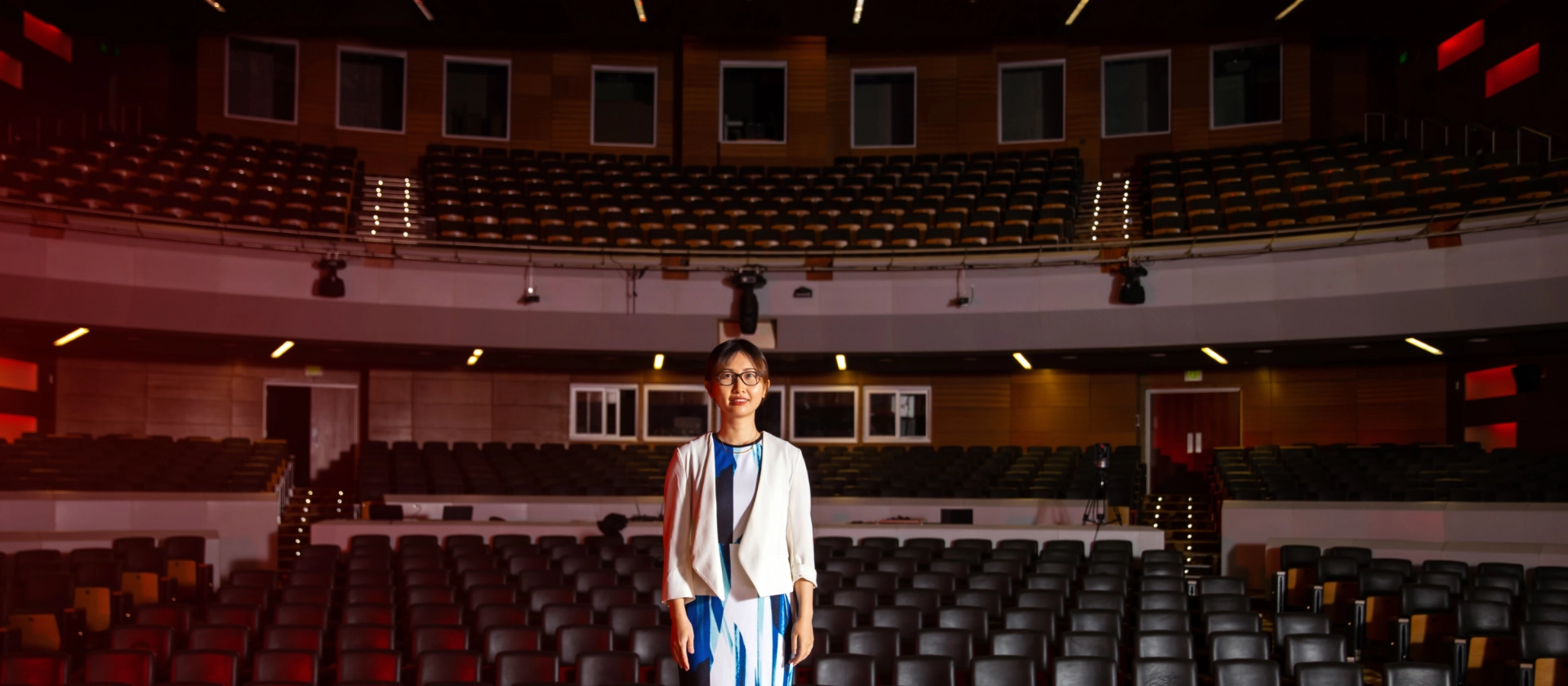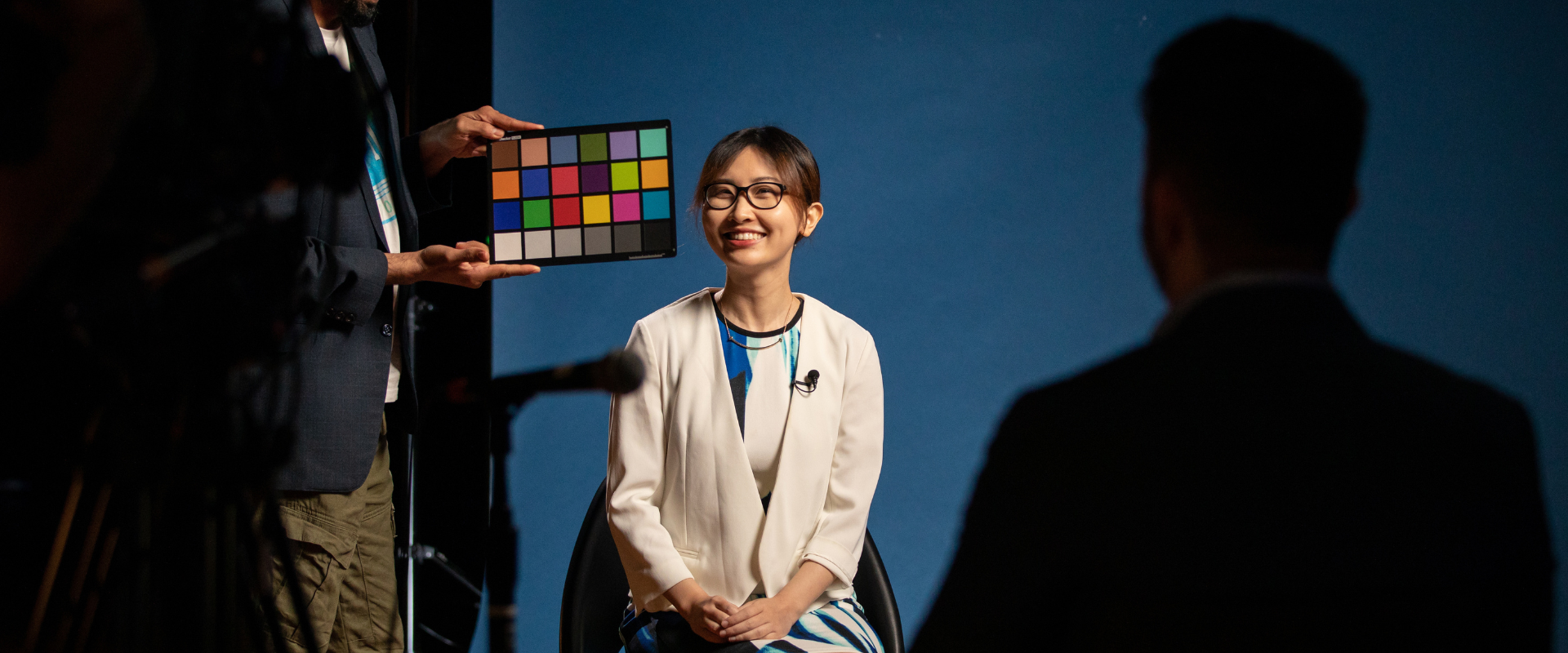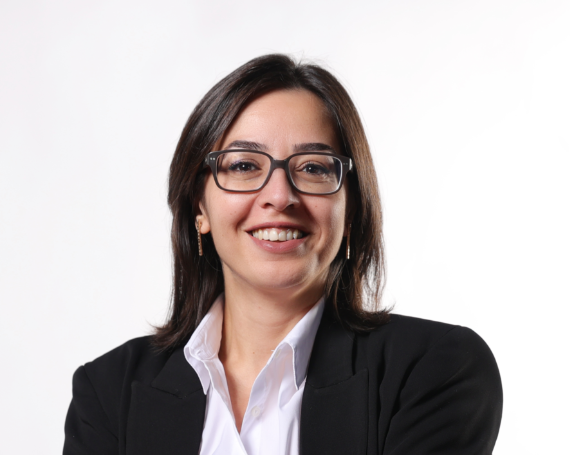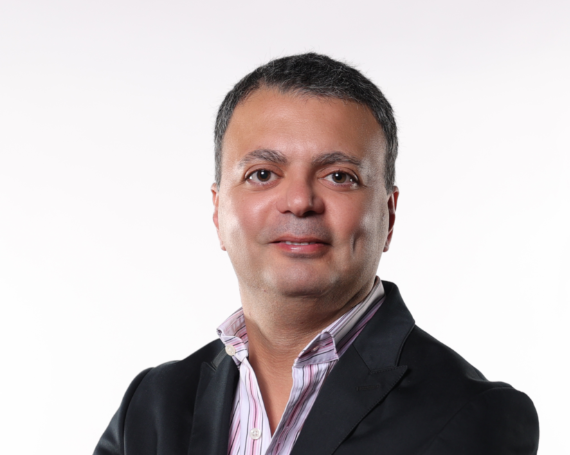
Yating Wan
Assistant Professor of Electrical and Computer Engineering

We want to find that sweet point between science and engineering,” she says, “and make sure our technology can really be applied to industry.
Integrated Photonics – Gateway to the Future
Prior to her arrival at KAUST in 2022, Professor Yating Wan was completing a postdoc at University of California Santa Barbara (UCSB) in the United States. She had begun visiting there during her Ph.D. studies at Hong Kong University of Science and Technology, and ultimately spent six years at UCSB, working on a large project with Intel, a global leader in the manufacture of semiconductor chips. Wan’s area of research is integrated photonics – the integration of components such as “lasers, modulators and detectors,” onto silicon semiconductor chips. Her project with Intel culminated in her being awarded the prestigious Tingye Li Innovation Prize in 2021, at which point she began looking for her next academic opportunity. “After so many years,” she reflects, “I thought maybe it’s time to have some new waters, so I came to KAUST.”
Wan believes that a career in academia was natural for her because she “always wanted to know ‘why?’ and always wanted to learn new things.” Wan spent her childhood in Sichuan Province, a part of China “famous for its very spicy food,” she includes with a laugh. Her favorite pastime growing up was reading, but while she loved literature and getting lost in novels, she always knew she wanted to work in science and technology. Her chosen field of study may sound like science fiction to some, but it can be found in everyday devices like laptops and smartphones. As these devices have become smaller and more powerful, they have stretched electronics technology to its limits, and that’s where photonics takes over. “Photonic fibers are replacing electrical wires to do a lot of communication,” Wan explains, and this is paving the way for more complex systems such as autonomous vehicles and artificial intelligence.
The potential for real impact on society is a key motivator for Wan, and she believes she has a high chance of success at KAUST, thanks in no small part to its “incredible facilities and resources.” Since her arrival, she has assembled a diverse research team of six students from five different countries, and they are eager to start making that impact. “Despite the fact that I’ve only been here for eight months,” she shares, proudly, “we have already built our photonics lab.” Additionally, she feels “very fortunate to work in a field that’s expanding,” where the products she helps to develop have a “high probability of being used in-market.” On top of her research, she enjoys the teaching aspect of her job and helping her students solve problems, so she tries to maximize her interaction with them. “My office is always open,” she affirms, “to come and see me without a reservation.”

The vivid way in which Wan describes her research and her relationships with her students is elevated by her genuine excitement about science and technology. It’s clear her dedication comes from the belief that the work she’s doing can have a positive impact on the future. There is undoubtedly a demand at the industry level because of the physical limits of electronics, and this is why Wan is determined to remain at the forefront of photonics research. “We want to find that sweet point between science and engineering,” she says, “and make sure our technology can really be applied to industry.” At KAUST, she has found a community of people who share a similar determination. As Wan reflects on her career so far, she recalls experiences both truly triumphant and deeply disappointing, but she has taught herself to “stay focused” no matter what, and so far, she says, “it’s turned out to be a more satisfying journey than I ever expected.”


